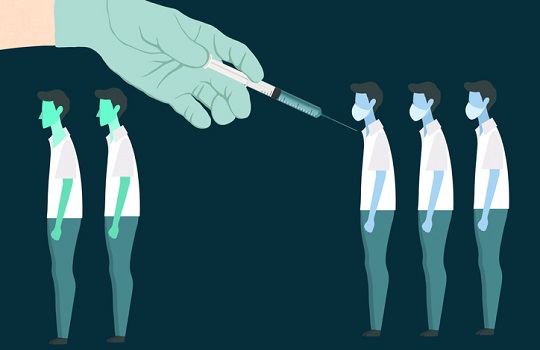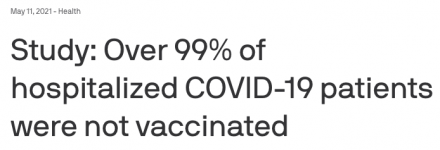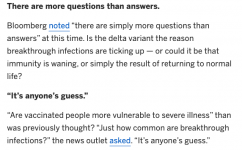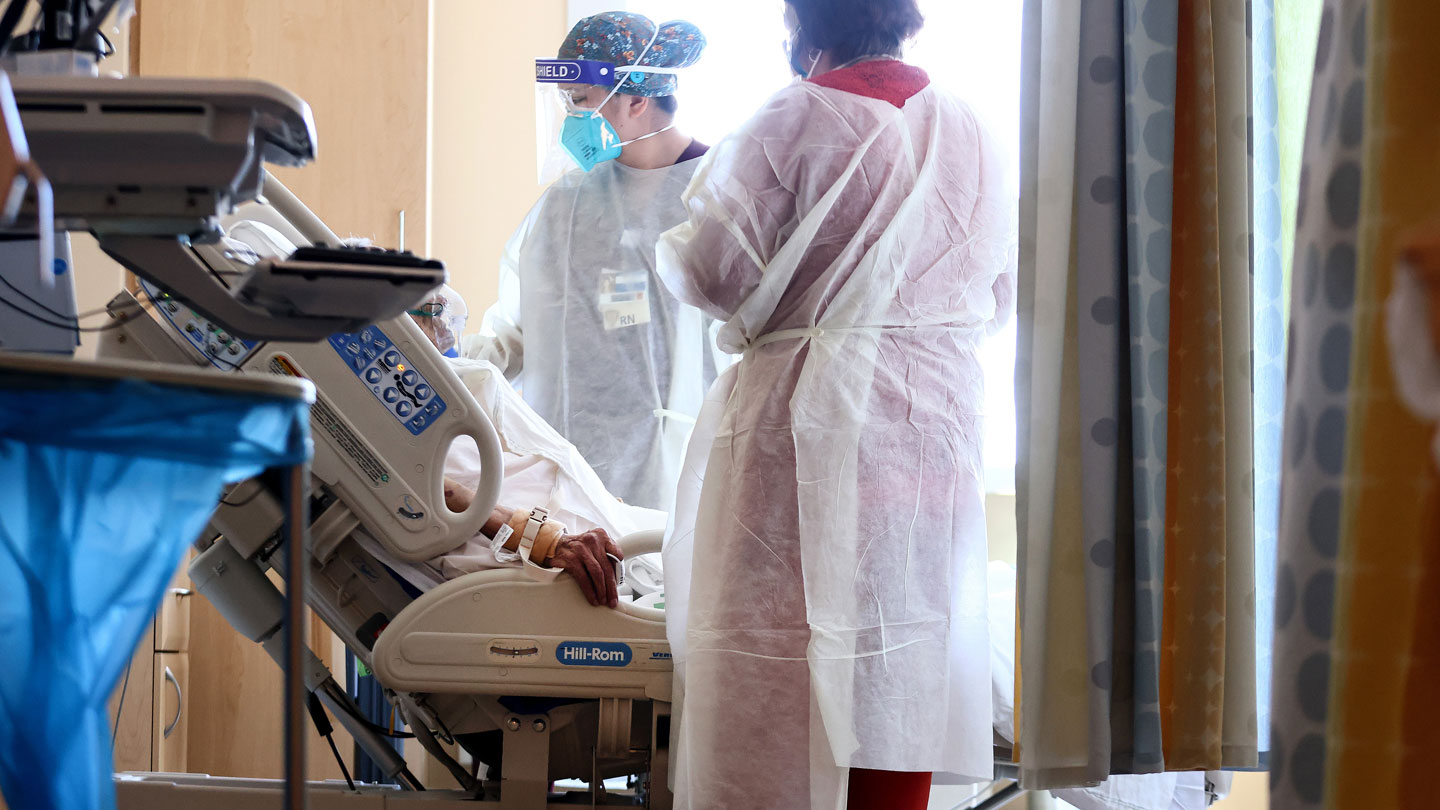Wow really?
View attachment 6272
Iceland is experiencing its worst Covid-19 pandemic outbreak.

www.news.com.au
Iceland is experiencing its worst Covid-19 pandemic outbreak.
That’s despite near-total vaccination levels. And what Delta’s doing there may now be a sign of things to come for Australia.
The small island nation of 357,000 citizens has become a case study of the effectiveness of vaccination against the Delta mutation.
Some 96 per cent of all Icelandic women over 16 have received at least one vaccine dose. The figure for men is about 90 per cent.
In total,
86 per cent of the population has been fully vaccinated.
It is an outstanding result – so much so, the Reykjavík government felt they had this pandemic beaten.
In June, they rolled back social distancing, mask and travel restrictions.
But those restrictions have been reimposed as a Covid-19 Delta outbreak has sent case numbers soaring.
And even with a significantly reduced rate of severe illness, the explosive outbreak is seriously straining the tiny nation’s health system.
Reykjavik’s raw numbers
A public address by epidemiologist Kamilla Jósefsdóttir in the capital Reykjavík late last week laid out the stark situation.
Iceland’s medical infrastructure is being pushed to its limits. Contact tracing will become impossible if the rate of Delta’s spread continues to grow, she warned. And this would trigger yet another spike in the infection rate.
She was one of a panel of experts warning local media that even the dramatically reduced percentage of critical cases might not be enough to save Iceland’s healthcare system.
A month ago, the country had just two active Covid-19 cases.
Now, the sparsely populated island has more than 1590 active cases. About 20 are in hospital, with a quarter of those in intensive care. While that doesn’t sound like many, in such a small country even that number puts a strain on its healthcare resources.
“A significant number of people are at risk of needing hospitalisation due to Covid-19 at the moment,” Dr Jósefsdóttir
told reporters.
But the director of the National University Hospital, Páll Matthíasson, warned his hospital’s staff were “burnt out” and that there were already Covid cases waiting for beds.
Staff shortages meant expanding treatment facilities was proving a challenge.
“Previous experience and data tell us that this wave has not reached its peak yet,” Dr Matthíasson warned.
















/cloudfront-us-east-1.images.arcpublishing.com/gray/NFFOHMRS4ZGTNJ7E2OVHXHK2LU.jpg)





